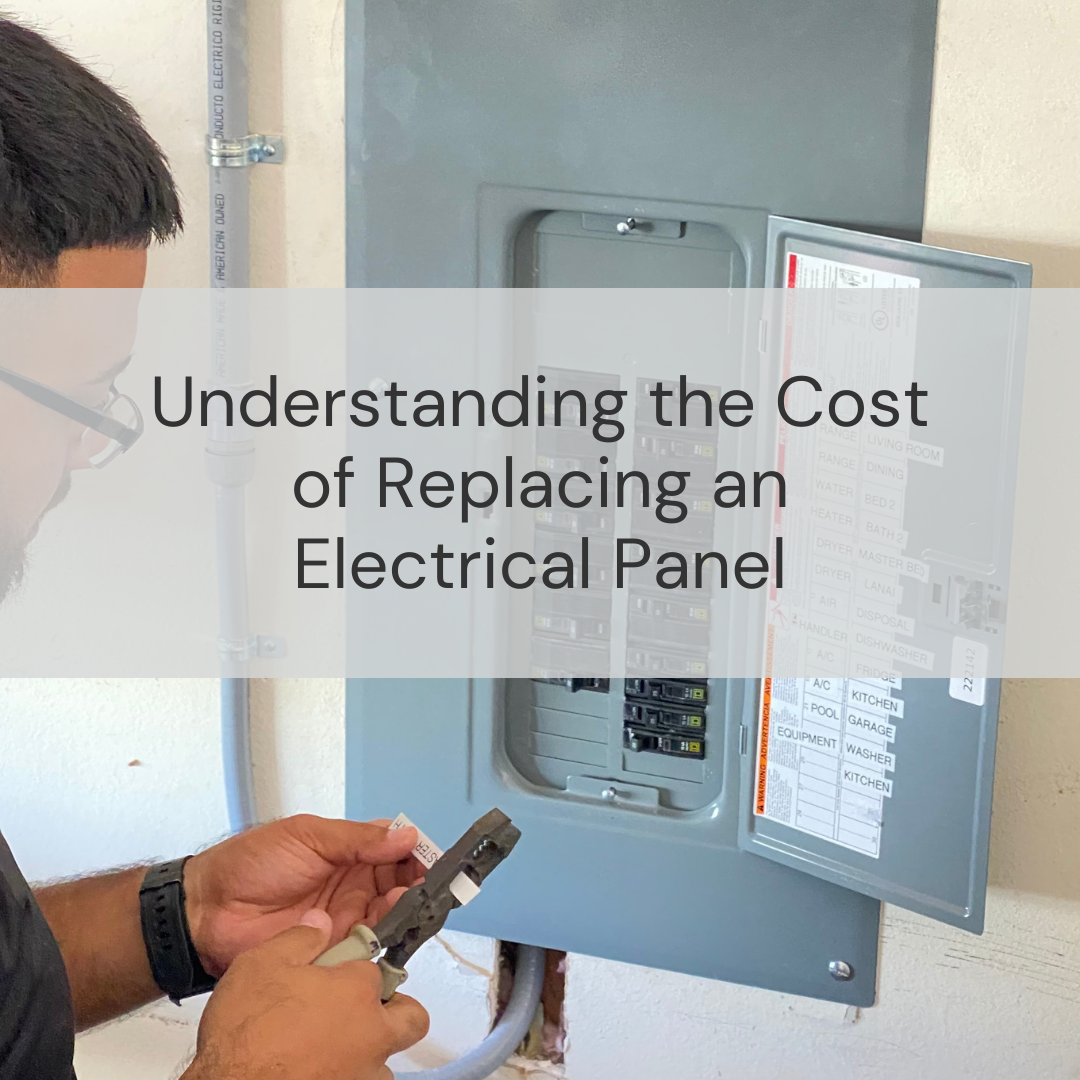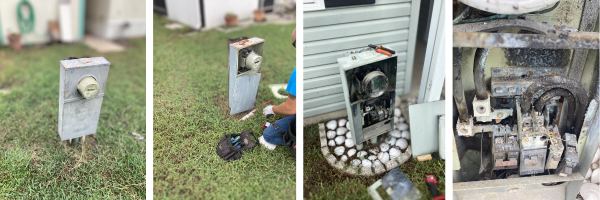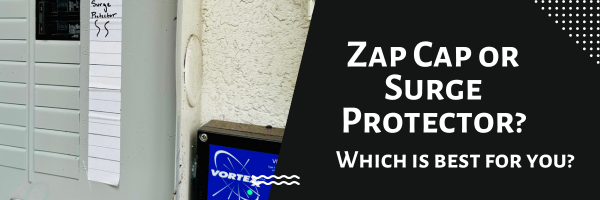In the aftermath of Hurricane Helene, many mobile homeowners are dealing with the unfortunate consequences of flooding. Among the damages caused by the storm, pedestal units – those essential electrical structures in mobile home...
Cost to Replace an Electrical Panel? - Bryan Hindman Electric Pricing
- Costs, Panel Replacement
- |
- June 22, 2024

Replacing an electrical panel is an important home project that keeps your electrical system safe and working well. It might also be required by your homeowner's insurance or if you are selling your home.
The cost can range from $1,000 to $3,000, depending on several factors. If a main disconnect or other disconnects, such as an a/c disconnect, need to be replaced as well, that can cost an additional $500 - $2,000. Yup, that's a wide range! Let's break down the factors that determine the cost.
Here are the key things that affect the cost:
Key Factors Affecting the Cost
Size of the Panel:
The panel size, measured in amps, affects the cost.
In most homes, these are the common sizes for electrical panels:
- 50 or 100 amp panels: Good for smaller homes or older homes with fewer electrical needs.
- 150 amp panels: Frequently used in modern homes, a bit more power than 100 amps, used in homes with average electrical needs.
- 200 amp panels: Frequently found in modern homes, handling typical appliances and systems.
- 400 amp panels: Used for very large homes with high electrical needs, like multiple heating and cooling systems, electric car chargers, or lots of tech.
The right panel size depends on your home and how much electricity you use. Most new homes do well with a 150 or 200 amp panel. There are smaller panels as well, such as a 50 amp panel, which are often found in mobile homes.
Power Needs:
If your home uses a lot of power, you might need a more powerful and more expensive panel.
Number of Circuits:
The more circuits you need, the higher the cost. Each circuit adds more work.
Location:
Indoor panels are usually less expensive than outdoor ones, which need extra protection from the weather.
Type of Breakers:
Different types of breakers affect the cost:
- Standard breakers: Basic and least expensive.
- Ground Fault Circuit Interrupter (GFCI) breakers: Prevent electric shocks. Needed in wet or damp areas like kitchens, bathrooms, and outdoors.
- Arc Fault Circuit Interrupter (AFCI) breakers: Prevent electrical fires. Needed in many parts of the home, like bedrooms and living rooms.
Expert Tip: The type of breakers needed is decided by local rules and National Electrical Codes, not by your electrician.
Permits:
Local laws require permits for Electrical Panel replacements, which adds to the cost.
Expert Tip: Most insurance companies and homebuyers will only accept panel changes completed by a state-certified electrical contractor with permits and passed inspections.
Other Replacements:
Sometimes, other parts like the main disconnect or A/C disconnect might need replacing, which increases the total cost.
Expert Tip: Get several thorough quotes at your home to determine exactly what you need and the exact cost.
Summary
Upgrading your electrical panel is an important step to keep your home safe and working well. Knowing what affects the cost and what the electrical codes require can help you make good choices. Whether you need a small panel for a mobile home or a bigger one for a house that uses a lot of power, thinking about these factors will help ensure your electrical system meets your needs and stays safe.
From the blog



